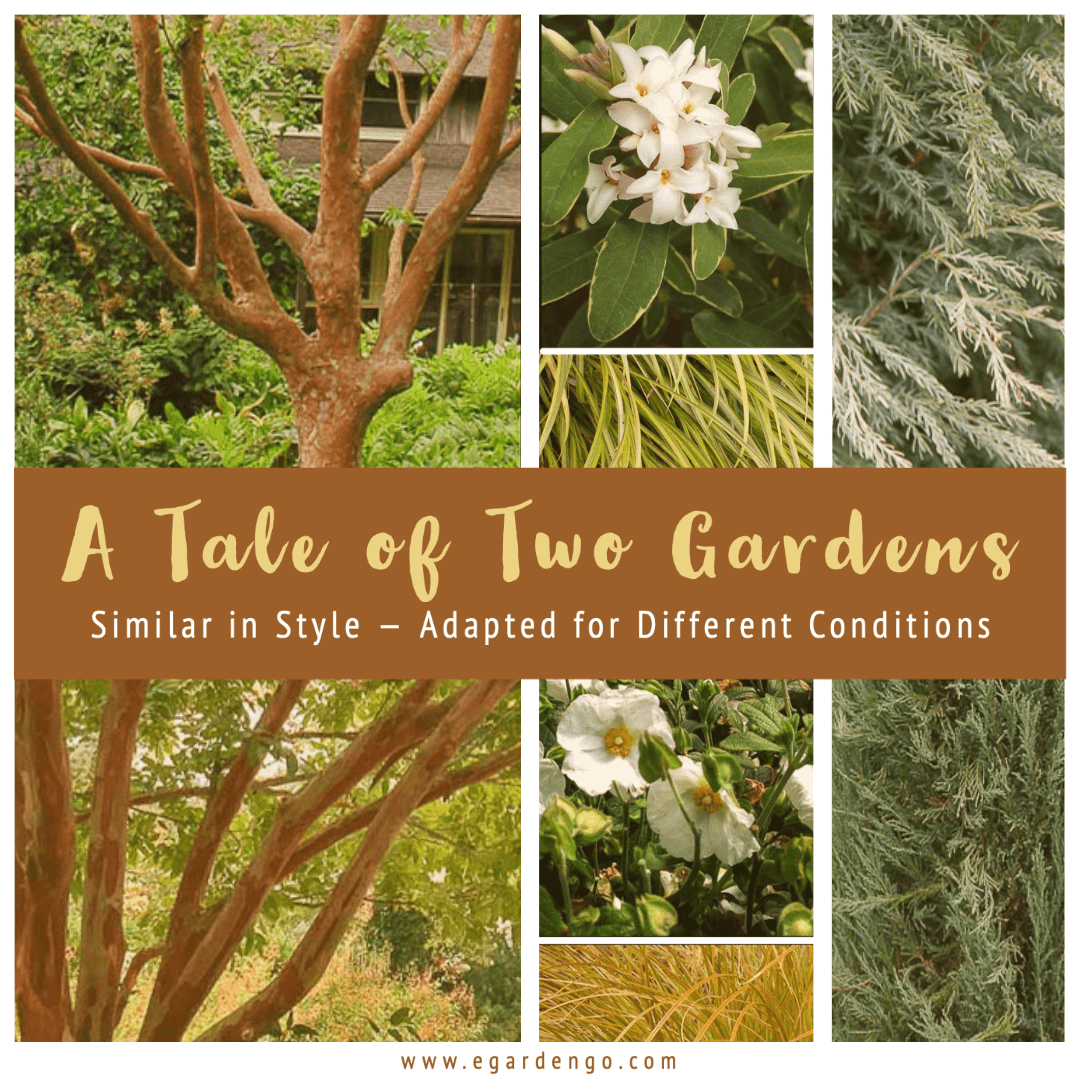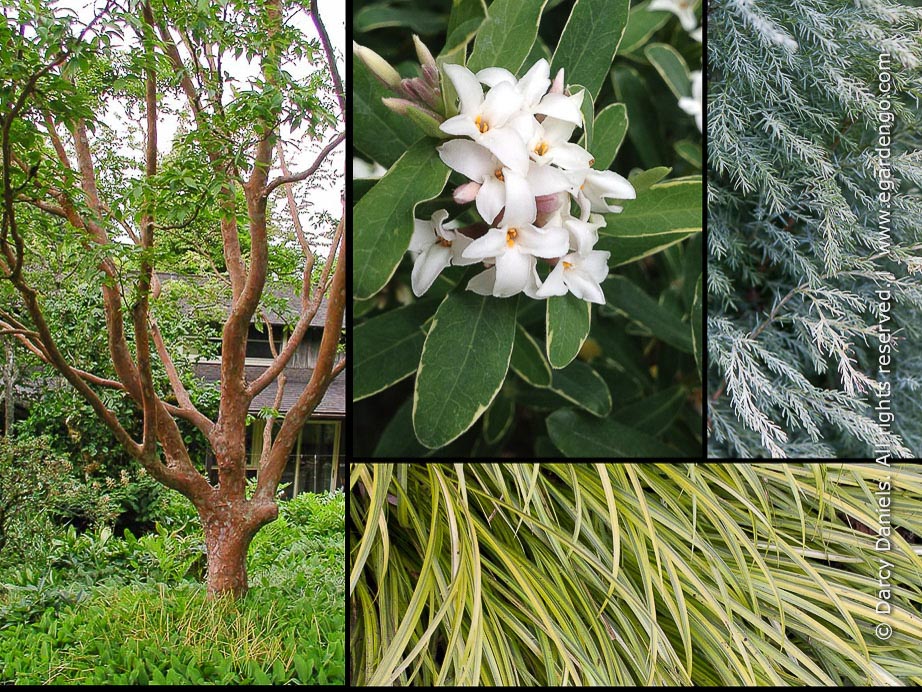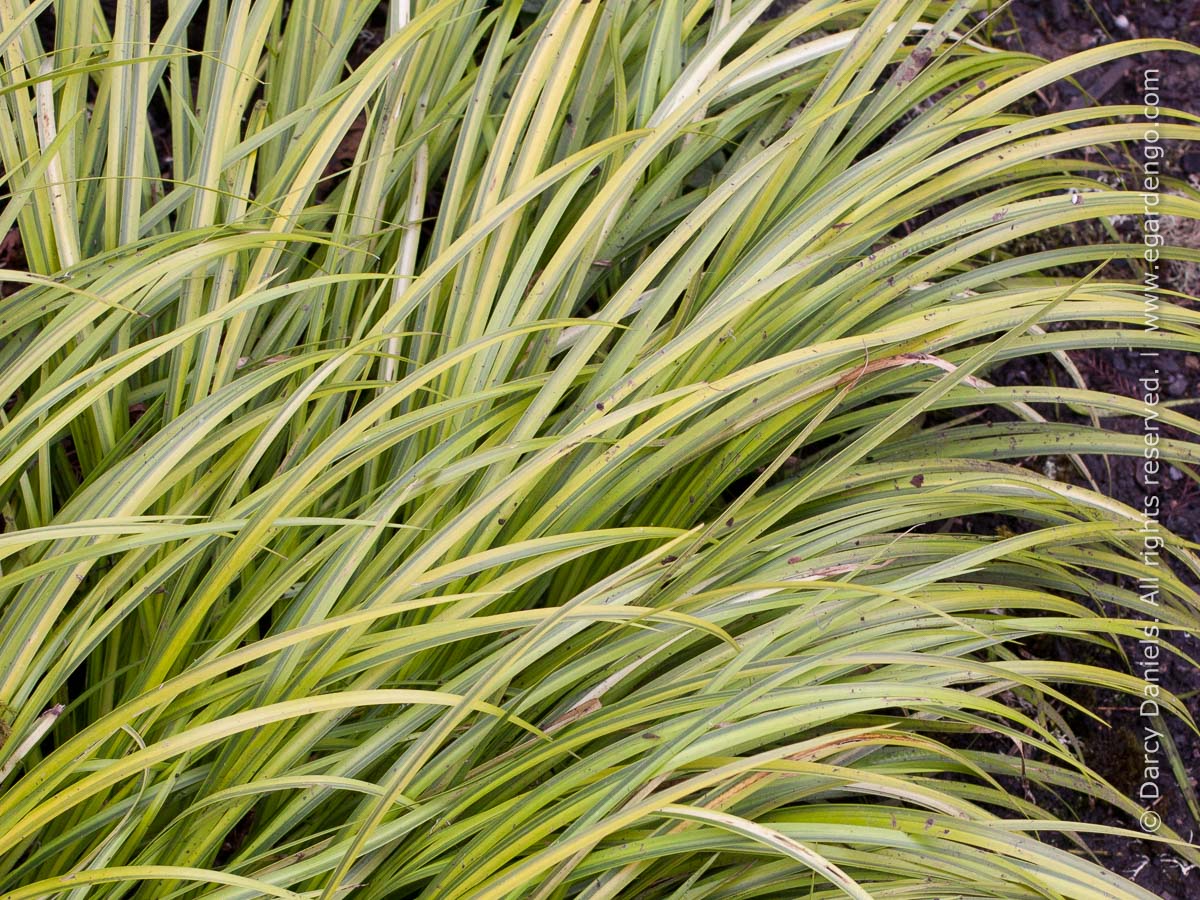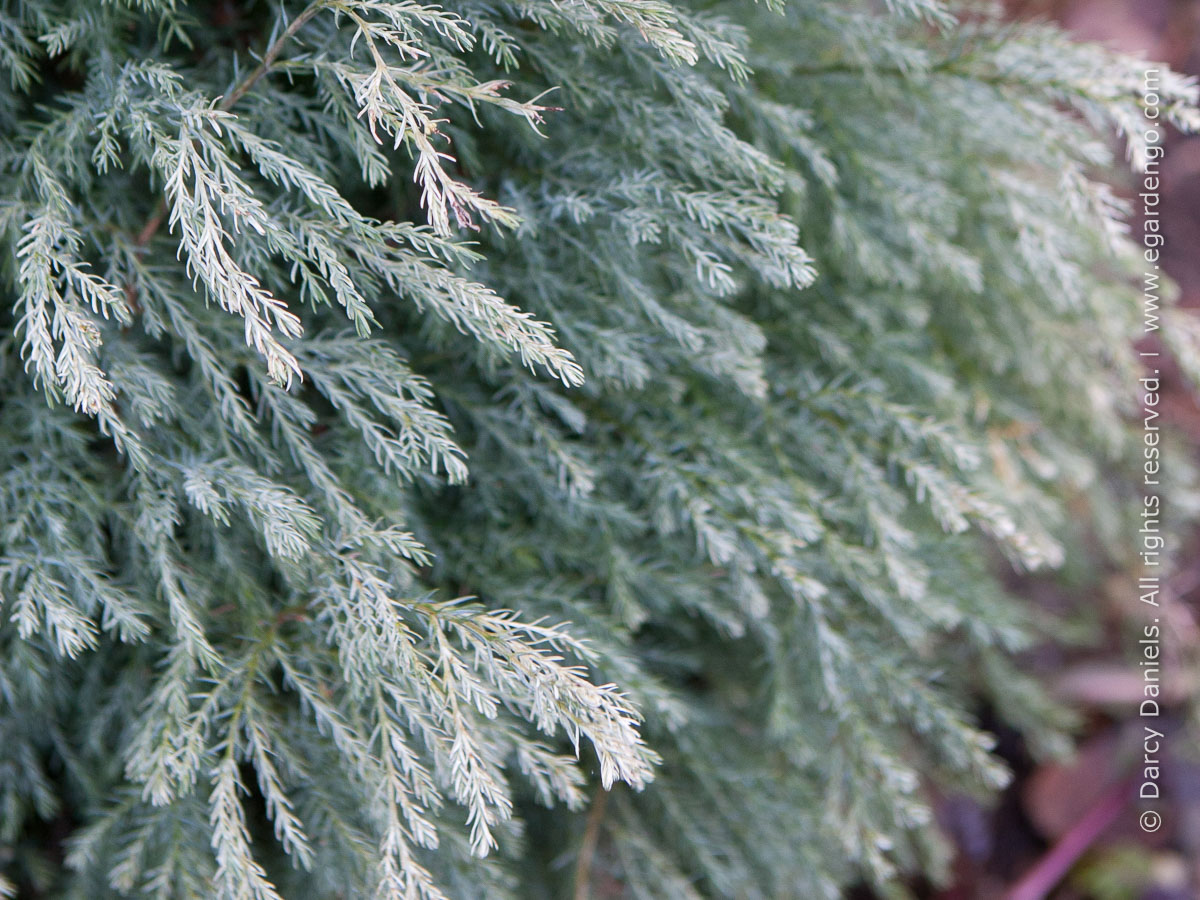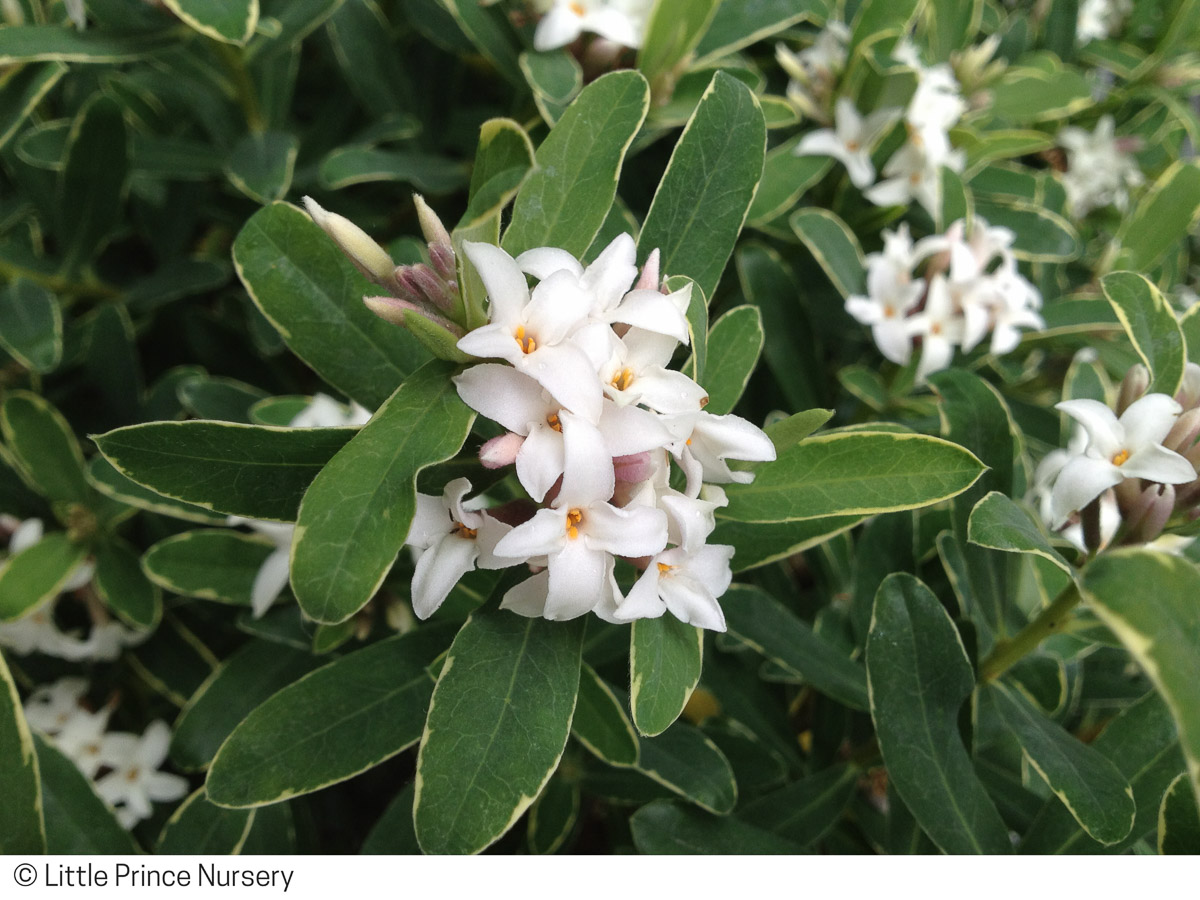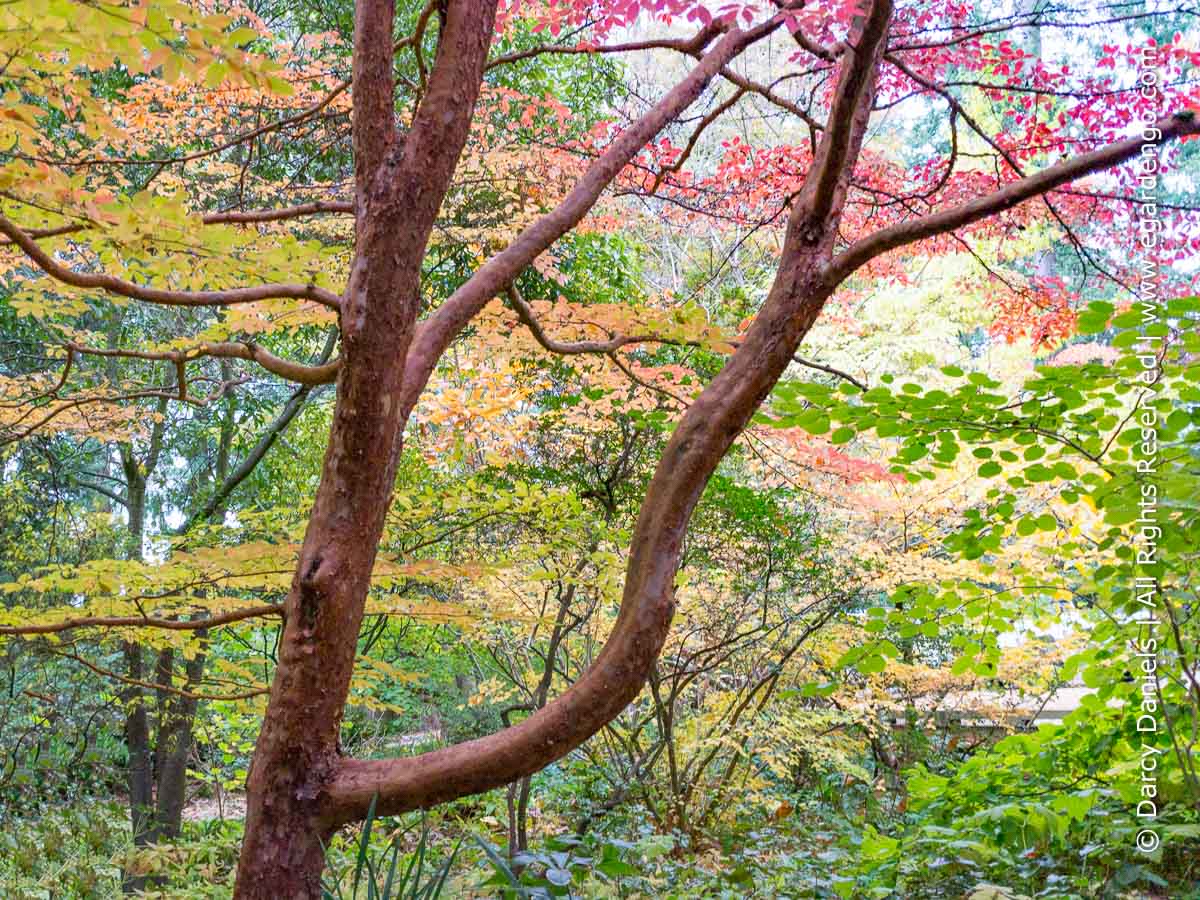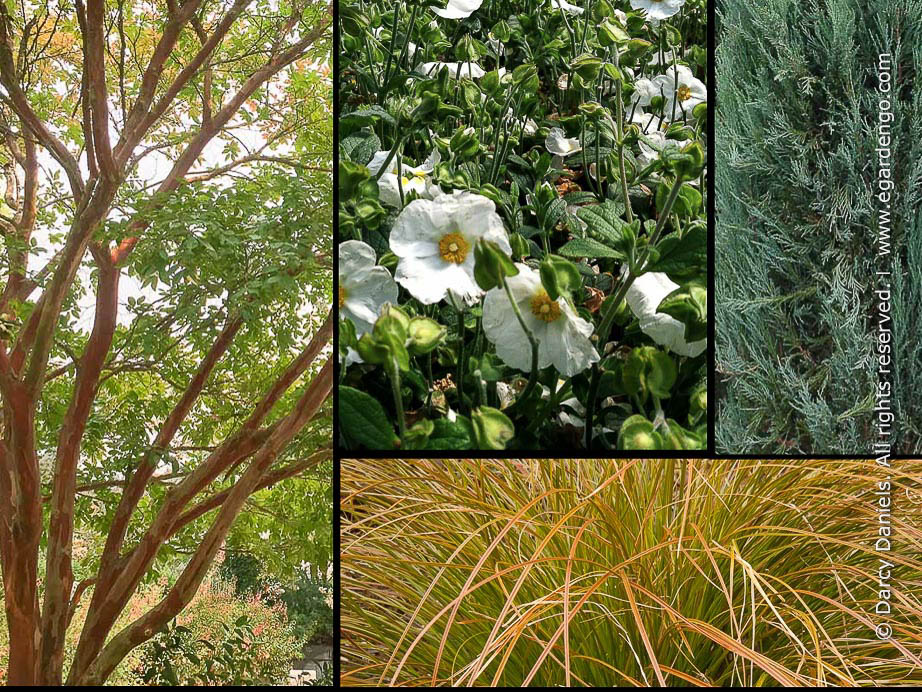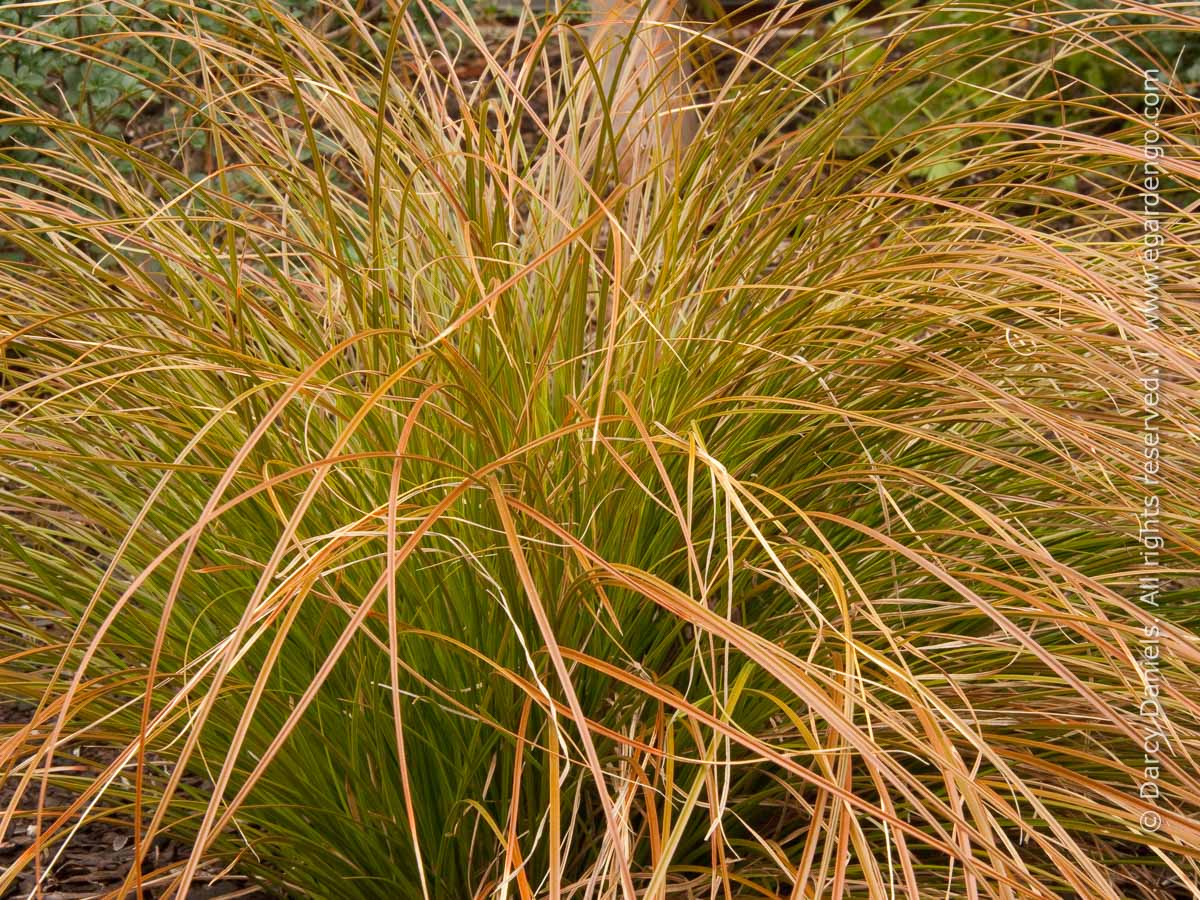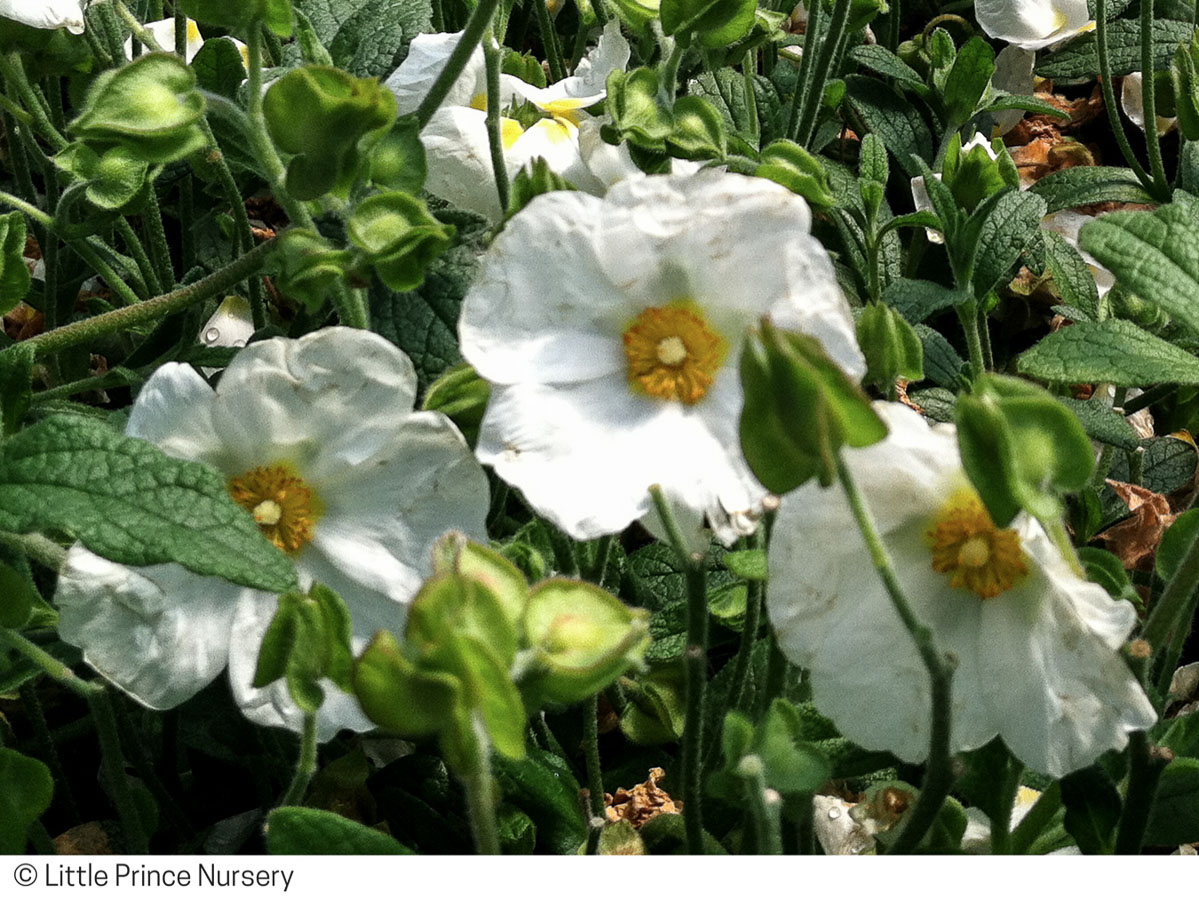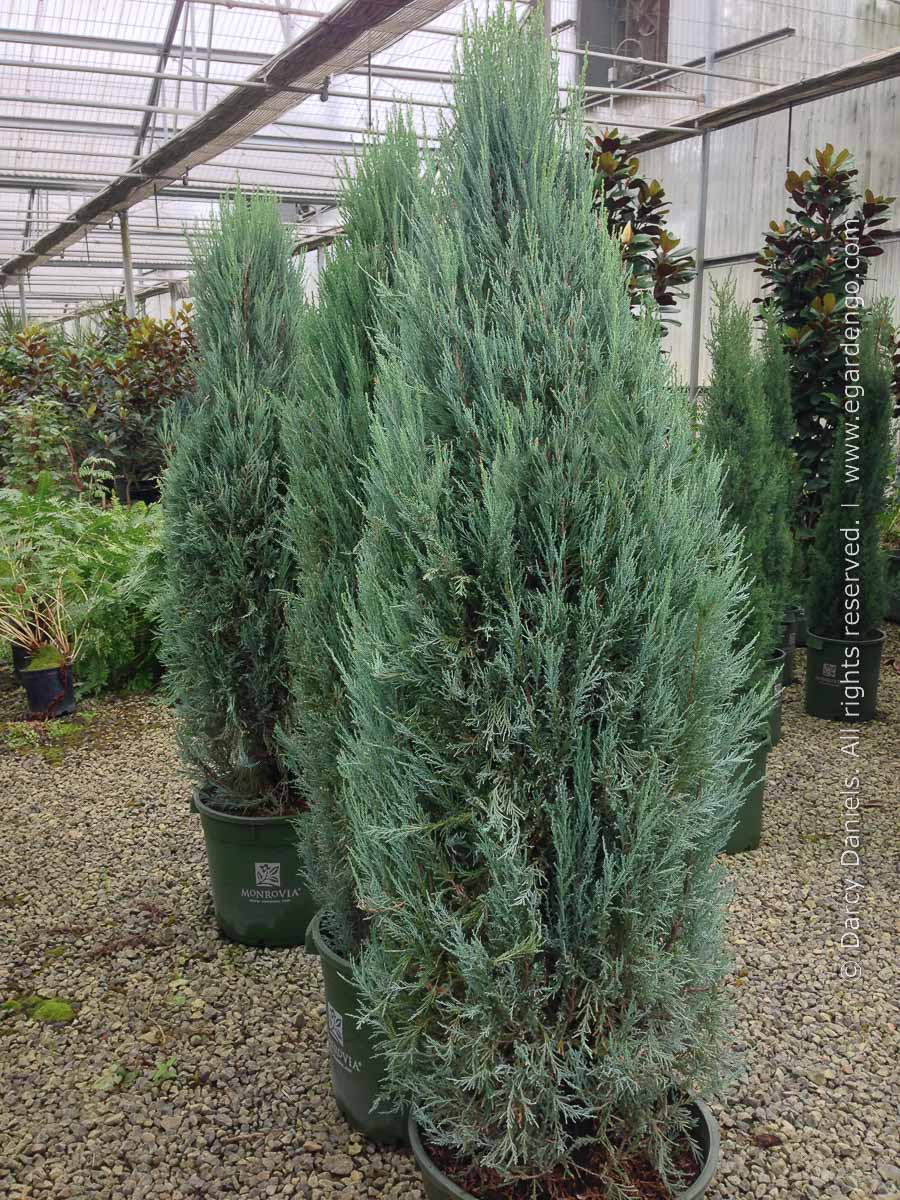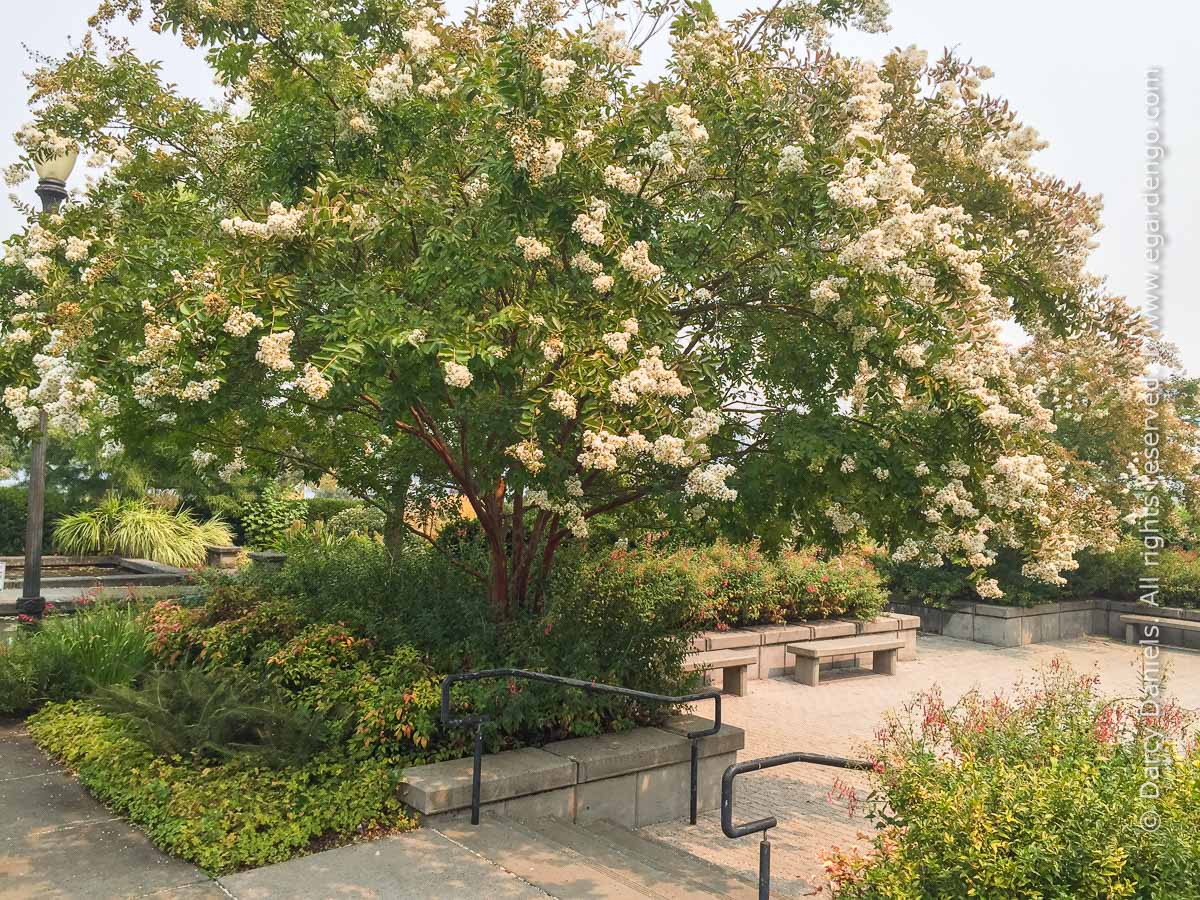In the video below, I walk you through a design process that involves brainstorming a planting concept based solely on shape, form, texture and color.
I start by honing in on one of the larger plants, such as a tree or substantial shrub. After that, one choice leads to another, with options narrowing as I go along—as the aesthetic details are fleshed out, a pleasing composition is revealed.
I like to start with this expansive thinking because it allows me to exercise my design muscles in order come up with multiple ideas. Sketching allows me to visualize color, leaf shape, texture, overall form, and other physical attributes to create pleasing compositions. I can then identify plants that will make the vignette I sketched a reality. Usually, there are multiple options for plants to fill each position and role in the scene I have visualized.
Only after doing the sketching exercise do I begin to factor in the growing conditions for the specific sites I'm planning for. This begins the narrowing process. Matching plants to the cultural conditions—and this is, of course, absolutely essential—is a key way of limiting the options under consideration, allowing me to refine my ideas. In other words, as I narrow my choices for each contributor based on its compatibility with the amount of sun and water and the type of soil the site offers, the plant combinations I began by thinking about in general terms become practical and realistic.
In the end, I come up with multiple groups of plants for different growing environments that match the scene I initially visualized.
Further down in this post, you'll find links to all of the plants that are mentioned in the two plant combination ideas that I talk about in the video. Click through to learn
Need a refresher or a confidence booster before putting pencil to paper? I've created a series of videos demonstrating some simple sketching techniques and you can watch them here.
MEET THE SHADY CHARACTERS
Acorus gramineus 'Ogon'
Golden Variegated Sweetflag
Type:
Grass / Grass-Like, Groundcover
Exposure:
Afternoon Sun, Morning Sun, Filtered Sun, Open Shade, Open Shade
Zone:
6, 7, 8, 9, 10
Chamaecyparis lawsoniana 'Barry's Silver'
Barry's Silver Lawson Cypress
Type:
Conifer, Shrub
Exposure:
Full Sun, Part Sun, Part Shade, Morning Sun, Filtered Sun, Open Shade, Open Shade
Zone:
5, 6, 7, 8, 9
Daphne x transatlantica 'Summer Ice'
variegated hybrid daphne
Type:
Shrub
Exposure:
Full Sun, Part Sun, Part Shade, Full Shade, Morning Sun, Filtered Sun, Open Shade, Open Shade
Zone:
6, 7, 8
Stewartia monadelpha
Orangebark Stewartia, Tall Stewartia
Type:
Tree
Exposure:
Part Sun, Part Shade, Morning Sun, Filtered Sun, Open Shade, Open Shade
Zone:
6, 7, 8
MEET THE SUN LOVERS
Carex testacea
Orange Sedge
Type:
Grass / Grass-Like, Groundcover, Perennial
Exposure:
Full Sun, Full Sun, Part Sun, Part Shade, Afternoon Sun, Reflected Heat, Morning Sun
Zone:
7, 8, 9, 10
Cistus x heterocalyx 'Chelsea Bonnet'
Chelsea Bonnet Rockrose
Type:
Shrub
Exposure:
Full Sun, Full Sun, Afternoon Sun, Reflected Heat
Zone:
8, 9, 10
Juniperus scopulorum 'Blue Arrow'
Blue Arrow Juniper
Type:
Conifer, Shrub
Exposure:
Full Sun, Full Sun, Part Sun, Afternoon Sun, Reflected Heat
Zone:
4, 5, 6, 7, 8, 9
Lagerstroemia x 'Natchez'
Crape Myrtle Natchez
Type:
Shrub, Tree
Exposure:
Afternoon Sun, Full Sun, Reflected Heat
Zone:
10, 6, 7, 8, 9

